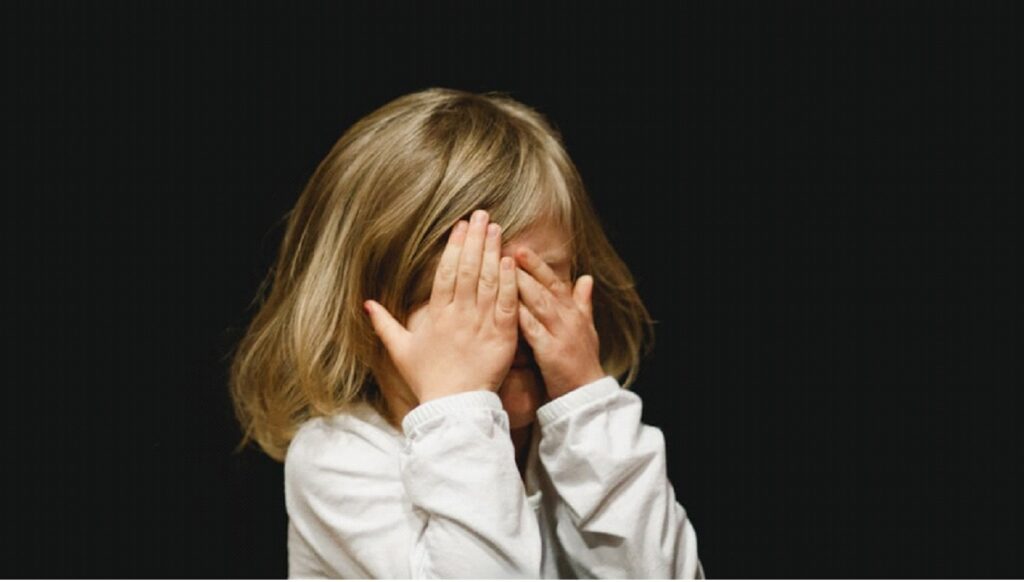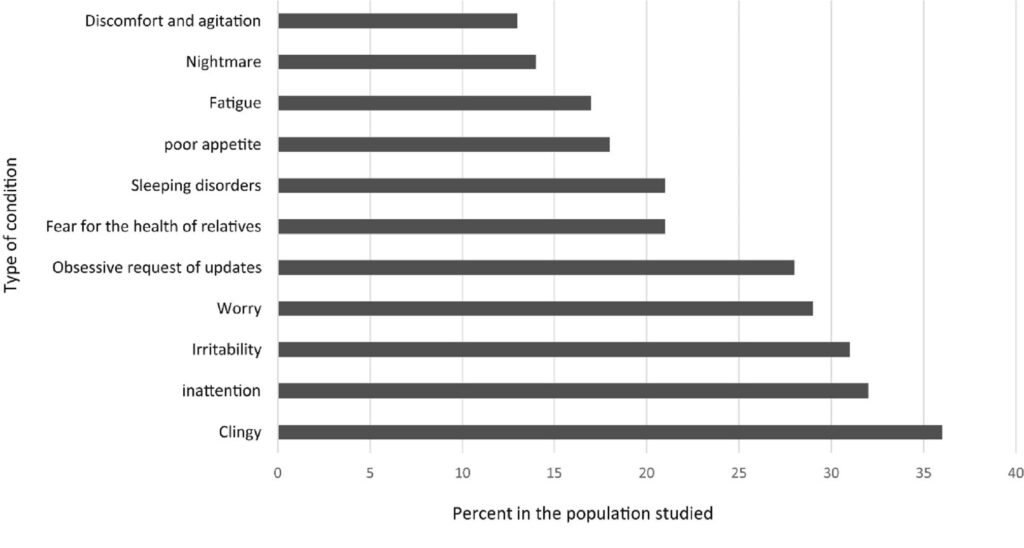Pandemic’s impact on children mental health
By Uduak Effiong

Although Covid-19 does not seem to cause serious disease in children, the pandemic has wreaked havoc on their mental health and development. Currently, many kids are having difficulties with their studies, missing out on routine activities, and worrying about the health of close ones. Similarly, the latest research states that a number of parents have seen a detrimental influence on their children’s mental health since the outbreak began. For instance, according to an NHS Digital study, more than half of children and young people (aged 5-22) felt that lockdown made their lives more difficult1. Furthermore, according to the Centre for Mental Health, 1.5 million children will require continuous assistance as a result of the disaster2. Therefore, it is safe to assume that the psychological consequences of the pandemic are likely to persist far longer than the pandemic itself.

Mental problems among children due to pandemic
Coronavirus pandemic has affected children in so many ways. For instance, researchers reported that many children felt depressed, lonely, and worried during the 2020 lockdowns3. Similarly, another research examined the impact of lockdown on family life and revealed that parents observed a decline in children behavior and kids faced more attention difficulties, especially primary school children4.
Moreover, the lockdown has been especially difficult for children who already had mental health issues. Another study revealed during the lockdown, sleeping disorders were reported in 22% of the children, 35% of children were clingy, inattention was common in 33% of the children, 31% of the children were irritable, and 21% of children showed fear for the health of the realtives5. Almost 25% parents and teenage girls claimed they couldn’t get the mental health help they needed in the past.

Furthermore, a recent review has revealed, over 25% of high school students said that their emotional and cognitive health had deteriorated, and 20% of parents having children aged 5 to 12 reported that their children’s emotional and cognitive health had deteriorated as well. Since the outbreak, there has been a significant decrease in the need for pediatric mental health services. While access to mental health services has grown, school-based mental health services have likely to be declined as a result of school closures. In addition to loneliness and isolation as a result of public health safety measures, poor parental mental health plays a significant role in children’s unfavorable mental health outcomes4.
Additionally, several studies have revealed that levels of stress, sadness, and anxiety among parents have increased, and parents of children with special needs, and families on low incomes have been most affected. Because, children can feel their parents’ sorrow, that’s why they remain mentally upset. Similarly, some teachers reported that parents’ problems have a negative impact on child’s behavior and well-being6.
Similarly, over 2.2 million children live in those families where there are instances of domestic abuse, drug and/or alcohol addiction, or significant parental mental health difficulties prior to the pandemic, and isolation is likely to have made things worse for them.
References
⦁ https://digital.nhs.uk/data-and-information/publications/statistical/mental-health-of-children-and-young-people-in-england/2020-wave-1-follow-up.
⦁ https://www.centreformentalhealth.org.uk/news/10-million-people-england-may-need-support-their-mental-health-result-pandemic-says-centre-mental-health
⦁ Mucci, Federico, Nicola Mucci, and Francesca Diolaiuti. “Lockdown and isolation: psychological aspects of COVID-19 pandemic in the general population.” Clinical Neuropsychiatry 17.2 (2020): 63-64.
⦁ Singh, Shweta, et al. “Impact of COVID-19 and lockdown on mental health of children and adolescents: A narrative review with recommendations.” Psychiatry research (2020): 113429.
⦁ Jiao, Wen Yan, et al. “Behavioral and emotional disorders in children during the COVID-19 epidemic.” The Journal of pediatrics 221 (2020): 264.
⦁ Bignardi, Giacomo, et al. “Longitudinal increases in childhood depression symptoms during the COVID-19 lockdown.” Archives of Disease in Childhood 106.8 (2021): 791-797.
